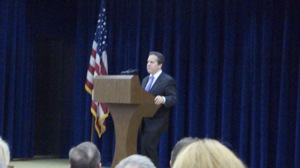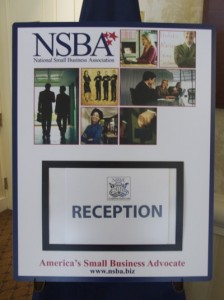Kenneth Feinberg, the man appointed by President Obama to administer a $20 billion fund to compensate Gulf Coast oil spill victims, promised to speed claims payments even as a federal judge considers a lawsuit to lift the moratorium on offshore drilling. The U.S. Department of the Interior stopped the approval of any new permits for deepwater drilling and suspended drilling at more than 30 existing exploratory wells in the Gulf of Mexico. But Hornbeck Offshore Services of Louisiana filed a lawsuit in which it claimed that the government acted arbitrarily without any proof that the operations posed a safety risk. Hornbeck claims that the moratorium causes additional hardship to Louisiana, which stands to lose thousands of jobs in the oil and gas industry, even as its fishing and tourism industries are already devastated by the oil spill. Today, Judge Martin Feldman heard arguments in the case in New Orleans federal court. He will issue his ruling by Wednesday. Louisiana Governor Bobby Jindal filed a brief with the court supporting the plaintiffs’ lawsuit. What is most outrageous about the federal government is that it did not consult Louisiana officials before imposing the moratorium, in violation of federal law. U.S. District Judge Nancy Atlas in Houston listened to the New Orleans court hearing today by telephone. She is hearing a similar case against the federal government filed by a Texas-based operator of drilling rigs. Let’s hope that the judges send the federal government a clear message about abuse of power and overreach.






